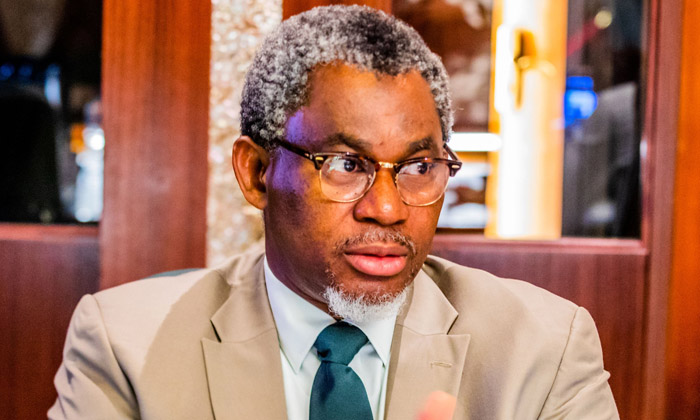The mining sector remains conspicuously underdeveloped despite its undeniably great potential. We are still importing minerals iron ore, and salt which could be produced locally. While former President Muhammadu Buhari is already enjoying his retirement in Daura, and his minister jostling between their home towns and abroad, the impact of their decisions and policies is still being felt by Nigerians today. Orodata takes a look at the Ministry of Mines and Steel under Mr Olamilakan Adegbite, who was appointed Minister in 2020.
Under Adegbite as Minister, the ministry recorded more lows than highs. Featuring on his scorecard include poor revenue and uncompleted infrastructure projects. For instance, he promised to complete the Kano Gold Souk last year. He said that the “establishment of a Gold Souk in Kano is part of the current administration’s efforts to establish strategic Artisanal and Small-Scale Mining Clusters in each of the six geopolitical zones of the country to harness the potential of the Artisanal and Small Scale Miners operators in the country.” After failing to deliver on this promise, he renewed his pledge at the end of the year, promising that the project would be completed this year, but it remains uncompleted to date.
On Moribund Ajaokuta Steel Company
The Federal government approved the engagement of the transaction advisors for consultancy services for the concession of Ajaokuta Steel Company Limited. The approval also involved the National Iron Ore Mining Complex in Itakpe, Kogi State. The Government approved the sum of N853 million.
The refurbishing of the Ajaokuta Steel company has gone through various contracts and disbursement of funds since 1979, but it has remained moribund since then with countless failed attempts to revive it.
Despite not contributing a sheet of steel, the moribund Ajaokuta Steel has consumed N29bn on personnel costs (salaries, wages, from 2016 to 2023.
On Ministry’s Contribution to Nigeria’s GDP
Mr Adegbite once noted that Nigeria is blessed with 44 different types of minerals in commercial quantity in over 500 locations in the 36 states and the federal capital territory. He however admitted that Nigeria, like some other African countries, was suffering from under-utilisation of mineral resources despite huge deposits.
Meanwhile, we may give some credit to Mr Adegbite for the slight increase in the mining sector’s contribution to Nigeria’s GDP, from 0.3% IN 2017 TO between five to six per cent in 2022.
According to data from the Nigeria Extractive Industry Transparency Initiative, Nigeria earned N651.55 billion ($2.68 billion) from solid minerals in 14 years, with more than half of that amount generated between 2019 and 2022.
It is essential for the next minister of this ministry improve on these stats, by performing better than his predecessor.

